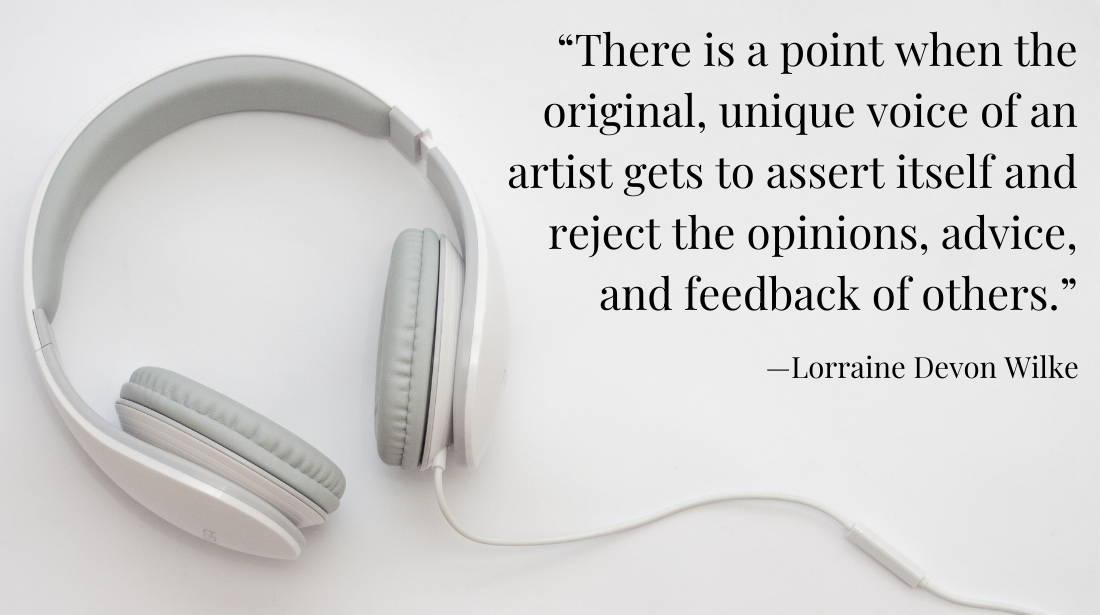Cats, Wives and Videotape: Survey Reveals What Really Distracts NaNoWriMo Participants
BY WILL LITTLE The starting gun is set to go off for the race to 50,000 words. At an average of 1,667 words a day, NaNoWriMo participants don’t have time to…
BY WILL LITTLE
The starting gun is set to go off for the race to 50,000 words. At an average of 1,667 words a day, NaNoWriMo participants don't have time to waste if they’re to reach the finish line. Yet many writers do just that—waste time, and plenty of it. Distraction derails so many NaNoWriMo writers that blogging about their failure has turned into an act of mass distraction—just another activity that writers would rather do than actually write their novels.
Of course, distraction has always been the curse of the writer. The fear of filling the empty space with words that matter is enough to put even the most talented off their food. Even disciplinarian Ernest Hemingway defrosted the freezer to delay the inevitable pain of putting pen to paper. But we should especially pity contemporary writers because the 21st century has put distraction everywhere they lay their keyboards.
Our study of 1,500 writers across the U.S.—conducted anonymously to keep people honest—backs this up. Just about anything can get in the way of writing, from the Internet to pets to DVD box sets and even ice cream in November! While the need to distract may be caused by putting off the pain of creating quality work, there comes a point when the excuses have to end and the writing must begin. To begin with the best odds of writing 50,000 of your own words by November 30th, consider these survey results and tips:
Step away from the browser.
Our survey found that 52% of writers claimed to have not finished their masterpieces because they spent too much time browsing the Internet. Watching videos of parkour gone wrong or reading the daily headlines is preferable to creating beautiful prose … at least in the short term. Consider buying or renting an old-fashioned typewriter for a month and nailing shut the office door with the computer and Internet router on the other side. Alternatively, disconnect the internet with software, such as Stop Procrastinating, to write just like Hemingway. But make sure you defrost the freezer first.
The November/December Writer’s Digest magazine
is filled with advice for keeping the words coming.
If you’re looking to increase your productivity or planning for NaNoWriMo,
check out a preview in the Writer’s Digest Shop, or download it instantly.
Don’t feed the animals!
Or they’ll distract you. 7% of respondents claimed pets posed a risk to undermining their writing, with cats jumping on laps being the chief culprits. Consider hiring a petsitter for part of the month if your cat is especially fond of sitting on your keyboard.
Food, glorious food.
17% of writers surveyed said they’d eaten their word-count reward before they’d reached their day’s writing goal "at least once" during the month. That's fine a time or two, but the habit of rewarding yourself for a goal you haven't yet met can quickly spiral into marathon snacking sessions and very little writing. If you're going to reward yourself with treats, here are some best practices for ensuring you stick to the goal: Put your treat into a container locked with a timer so you can’t access until you’ve worked your time. Enlist a friend or family member to withhold your goodies until you've completed the day's work. Or consider that the real reward is reaching your daily writing goal—nothing more, nothing less will really satisfy you.
Honey, I'm home!
Partners, wives and husbands distracted 14% of respondents from laying down the lines. Netflix binges and leisurely cups of coffee were suggested as "creativity breaks"—a fancier term for "distractions." If this sounds like something your significant other would do, there are solutions: Lock the door. Be clear about your goals. Set boundaries. And if those things fail, put a guard dog outside your writing room or have your partner sign a contract stating that he won’t disturb you while you’re writing—with a hefty fine to be paid if the contract is broken. Be creative about the fine; it doesn’t have to be financial. A massage every day for life would do nicely.
Work, party, work, party, work party ...
22% of writers said they couldn’t summon up the creative muse because they were too tired from work or socializing. Try abstaining from partying for the month of November when possible (yes, we know it's Thanksgiving) and look forward to celebrating with the mother of all parties on December 1st. If you’re tired from work, trying doing a half hour of exercise: it clears the mind and gives you energy to push through. Remember, it’s only for 30 days and it might just be worth it. You’re worth it!
Will Little is a writer and the creator of Stop Procrastinating, the app made by writers for writers to help beat procrastination. He also manages to write when his cat Moy isn’t sitting on his keyboard. Follow Will on Twitter at @stopprocras.
Adrienne Crezo is the former managing editor of Writer's Digest magazine. Follow her on Twitter @a_crezo.









